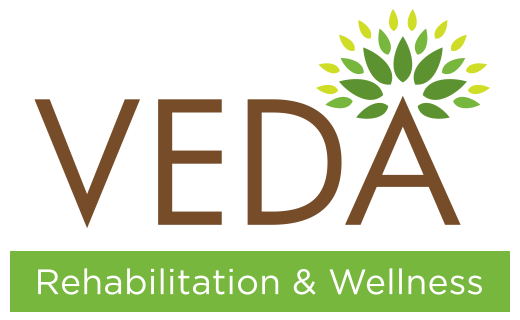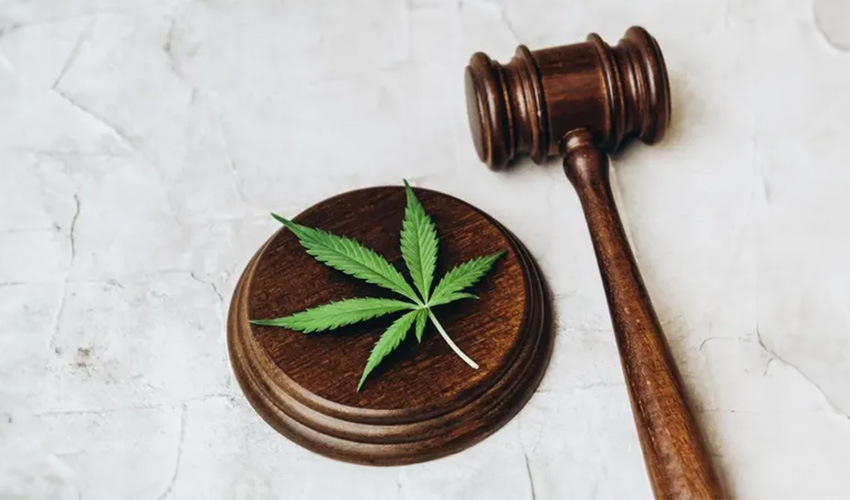With the increasing global trend toward the legalization of cannabis, conversations surrounding its impact on addiction have become more pertinent than ever. While proponents argue that legalizing cannabis reduces criminalization and promotes responsible use, concerns linger about potential consequences on addiction rates. In this blog, we’ll explore the multifaceted implications of cannabis legalization on addiction and delve into the need for a balanced approach to ensure public health and safety.
Shifting Paradigms:
The legalization of cannabis represents a significant shift in societal attitudes and policies. As more jurisdictions embrace this change, the narrative around cannabis transforms from a criminal issue to a public health matter. This shift allows for a more open dialogue about addiction, focusing on harm reduction and education rather than punitive measures. However, it also poses challenges in terms of regulating use and preventing potential spikes in addiction rates.
Potential Gateway or Harm Reduction Tool?
One of the enduring debates surrounding cannabis legalization is its perceived role as a gateway drug. While some argue that legalizing cannabis might pave the way for the use of more harmful substances, others contend that it can serve as a harm reduction tool, offering a safer alternative to substances with higher addiction potentials. Striking a balance between acknowledging potential risks and leveraging harm reduction strategies is crucial in navigating the impact of cannabis legalization on addiction.
Impact on Youth:
A recurring concern is the potential impact of cannabis legalization on youth. With cannabis becoming more accessible, there is a heightened risk of increased usage among adolescents. Early exposure to cannabis has been linked to cognitive impairments and an elevated likelihood of developing substance use disorders later in life. Effective prevention programs and strict regulations are essential to mitigate these risks and protect the well-being of younger populations.
Therapeutic Potential and Medical Use:
Beyond recreational use, the legalization of cannabis has also opened doors for its therapeutic applications. Medical cannabis is increasingly recognized for its potential in managing chronic pain, alleviating symptoms of certain medical conditions, and reducing reliance on more addictive substances like opioids. Striking a balance between harnessing the therapeutic potential of cannabis and preventing its misuse for recreational purposes is a delicate task for policymakers and healthcare professionals.
Monitoring and Regulation:
To navigate the impact of cannabis legalization on addiction, robust monitoring and regulation mechanisms are indispensable. Establishing effective systems for tracking cannabis use patterns, identifying potential hotspots of addiction, and implementing timely interventions can help mitigate adverse consequences. Regulation should also extend to marketing practices to prevent the glamorization of cannabis use, particularly among vulnerable populations.
The legalization of cannabis represents a complex and evolving landscape with implications for addiction that cannot be ignored. As we navigate this new era, it is imperative to approach cannabis legalization with a comprehensive strategy that considers both the potential benefits and risks. Balancing harm reduction, preventing youth access, harnessing therapeutic potential, and implementing effective monitoring and regulation are key components of a nuanced approach.
As the green wave of cannabis legalization continues, society must remain vigilant in addressing the evolving challenges related to addiction. A well-informed public, evidence-based policies, and ongoing research efforts will be crucial in ensuring that the legalization of cannabis contributes positively to public health outcomes. By embracing this shift with a holistic perspective, we can strive to create a society where cannabis use is responsibly managed, and the impact on addiction is minimized, fostering a healthier and more informed community.

